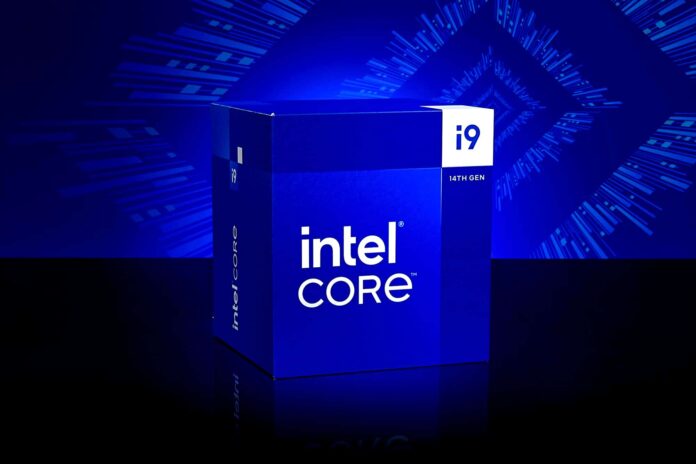The most common assumption was that faulty voltage requirements of the CPU were to blame anyway
The months-long search for the cause of crashing or defective Core i9-14900K and other Intel CPUs has come to an end – more or less.
After a long period of silence, the manufacturer has published a statement in which the problem is addressed in more detail. However, some questions remain.
This is why this is important:In the past few days in particular, an increasing number of reports have emerged from private users and companies stating that the Core i9-14900K is increasingly struggling with crashes.
As a result, the CPU manufacturer has been accused of bringing “defective processors” onto the market.
In detail:In the night from Monday to Tuesday, Intel published a message in the in-house support forum referring to the problems surrounding the 13th and 14th generation.
- According to this, Intel was able to determine on the basis of a “comprehensive analysis that an increased operating voltage causes instability problems in some desktop CPUs”.
- This is “due to a microcode algorithm that results in incorrect voltage requirements”.
A microcode patch will be provided to rectify the cause. However, this will not be distributed to partners until mid-August after full validation
Customers affected by instabilityshould contact Intel Support for further assistance.
The oxidation problems of the 13th and 14th Intel generation alleged by the video portal Gamer’s Nexus are not directly related to the problems.
According to Intel, these occurred in some earlier 13th generation processors; however, only a “small proportion” of the faulty CPUs can be linked to the instability.
Open questions remain
However, this communication does not completely clarify the situation. It is still unclear which voltage values are actually causing the problems and which limit values are being exceeded
There are also no measures that buyers of the Core i9-14900K and the other affected CPUs can take now – after all, not everyone wants to or can wait until mid-August.
So, at least at this point in time, the only thing left on the schedule is patience until mid-August until Intel releases the promised microcode update. This should finally make it possible to determine the exact values


